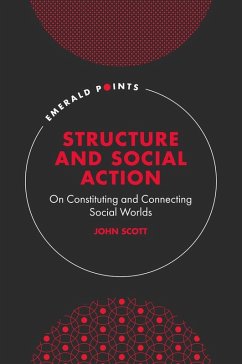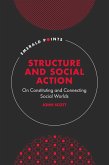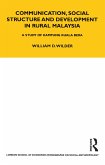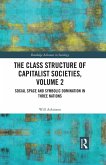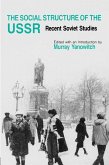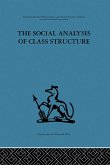It is often claimed that the disjunction or opposition between 'action' theories and 'structural' theories rests on a misunderstanding of what social structure is. A clear understanding of social structure dissolves this apparent opposition. It is argued that social structure is a real social fact but has no separate and substantive existence apart from the minds and actions of the individual and collective actors who produce and reproduce it. It is argued that it is possible to distinguish between 'figurational structures' of interaction and the deeper 'formational structures'. Social interaction occurs within specific social worlds to form an extensive interaction order. The pattern of interactions comprises a figurational structure that can be mapped and explored through the methods of social network analysis. A figurational structure can be partitioned into the deeper, emergent levels of a formational structure that comprises class relations, divisions of gender and ethnicity, and a range of other divisions. This book examines the use of the sociological imagination to identify and explore formational structures and suggests the formal, analytical methods that can support these explorations.The two levels of structure are seen as the spheres of microsociology and macrosociology, respectively. These levels can be theorised in terms of processes of social integration and system integration. The use of the ideas presented in the book is illustrated through a brief case study of class relations in French political history from the Revolution to the Third Republic.
Dieser Download kann aus rechtlichen Gründen nur mit Rechnungsadresse in A, B, BG, CY, CZ, D, DK, EW, E, FIN, F, GR, HR, H, IRL, I, LT, L, LR, M, NL, PL, P, R, S, SLO, SK ausgeliefert werden.

